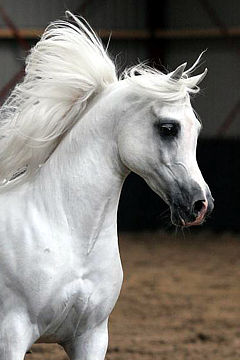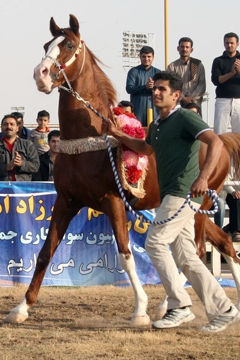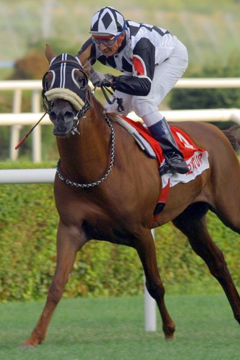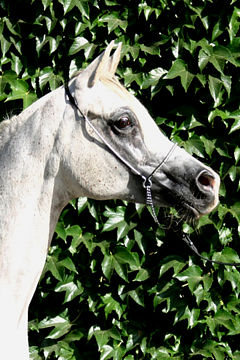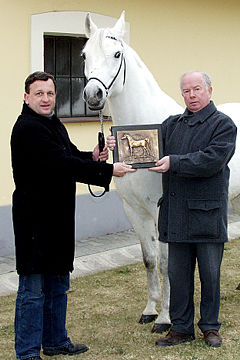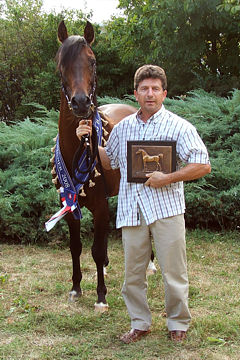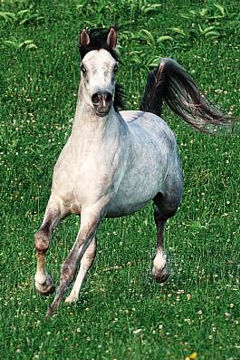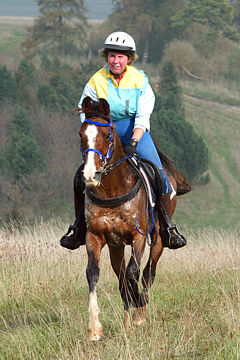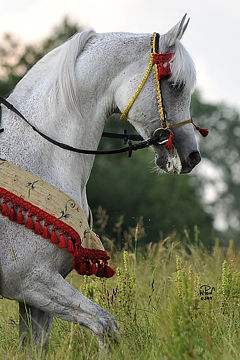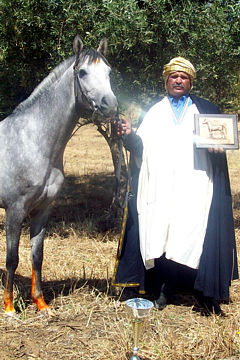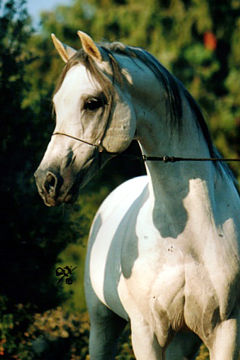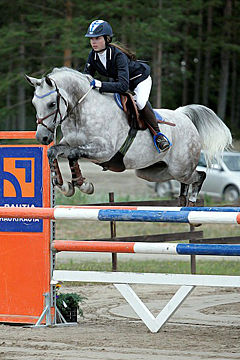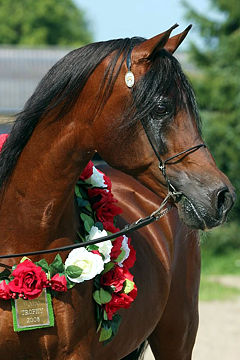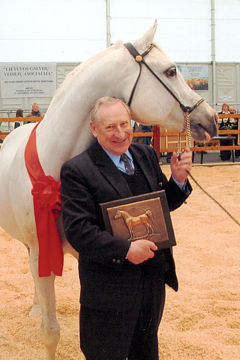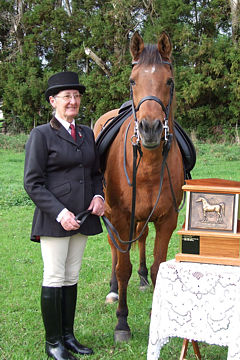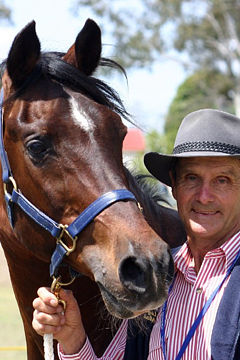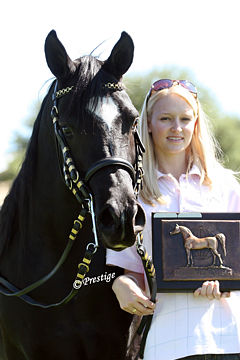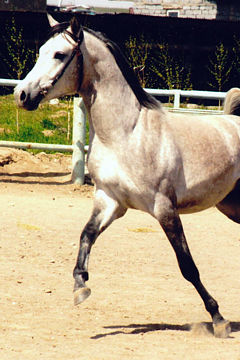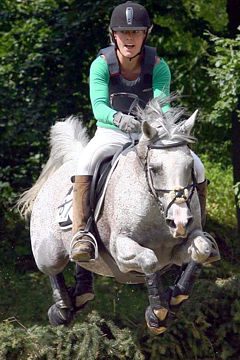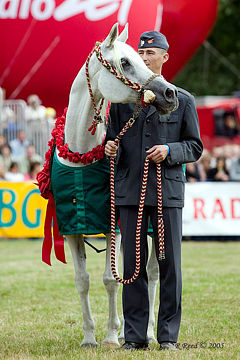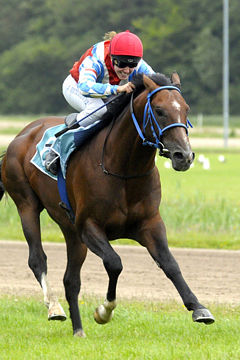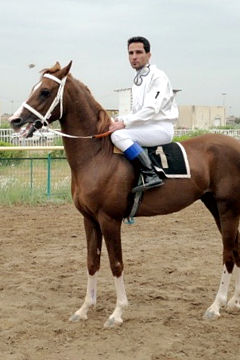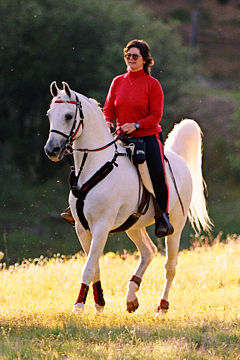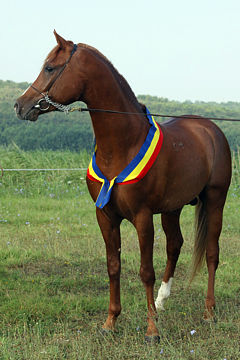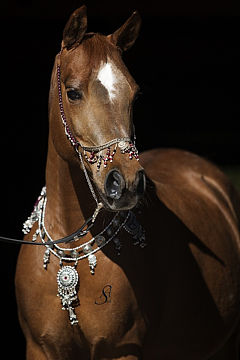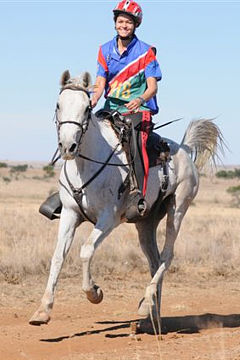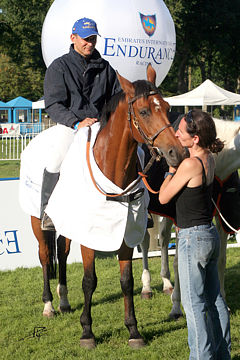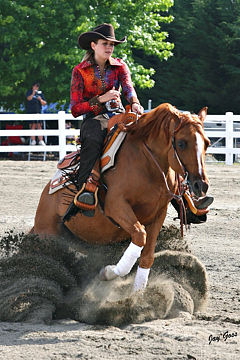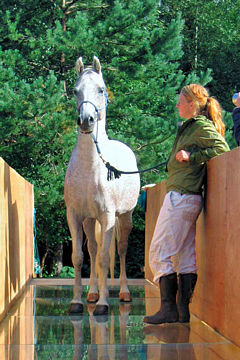![]()
Member Report from Zimbabwe
REPORT MADE AT THE 2022 WAHO CONFERENCE
Mr. President, distinguished delegates, ladies and gentlemen, warm greetings from the President and Committee of the Arab Horse Society of Zimbabwe. My sincerest apologies for not being able to present this report in person. My name is Matthew Harwin and I am the President and current serving secretary of the Arab Horse Society of Zimbabwe. As you know our society originally collapsed in the early 2000s due to Zimbabwe’s troubled political and economic history and our membership effectively became dormant. Many breeders immigrated to neighboring African countries, particularly South Africa with their horses or had no choice but to sell and disband their breeding programs. A handful of breeders remained and were able to continue breeding although on an extremely limited scale without the help and support of a fully functioning society, as a result purebred horses born after 2004 were effectively left unregistered up until this year. I would like to take this opportunity to extend my sincerest gratitude to WAHO for all your continued support and understanding of our situation throughout the last two decades.
In January 2022, local breeders grouped together and began the process of re-establishing our society and renewing our membership with WAHO. We are delighted to be fully active members of WAHO once again and look forward to what lies ahead in the future. We have had a backlog of registrations and administrative work dating back to 2004 for us to complete this year. The second volume of our studbook was left in draft format for approximately 20 years which includes horses born between 1996 and 2004 and was only officially completed and handed over to WAHO in April 2022. Our third volume is presently being drafted and expected to be submitted in November 2022. From a registration perspective, we have registered a total of 32 horses so far this year, many of these were born in the late 2000s and 2010s that were previously unable to be registered due to our society being non-operational at the time. The 2022/ 2023 foaling season will be our largest in recent years which we look forward to. DNA analysis is difficult for us as we have to ship all samples in bulk to South Africa for testing as we do not have an ISAG approved laboratory in Zimbabwe. We have a small membership of just under 20 individuals with 4 of them being ‘registered breeders’, 2 ‘honorary life members’ and the remainder being ‘associate’ or ‘friendship’ members. Presently we have just over 48 living purebred Arabians in the country, with 14 of them being breeding stallions, 28 mares and the remainder being geldings. Given our close proximity to South Africa, breeders continue to take advantage of this and import horses directly from there. Later this year we are expecting our first ever import direct from the UAE. So far, one purebred has been imported this year into Zimbabwe with more to be expected. Artificial Insemination and embryo transfer are permitted in line with local government guidelines.
As of May 2022, we have been granted permission to be the caretakers of and register all purebred Arabians born in Lesotho into our studbook. Lesotho breeders are required to become members of our society as well as abide by all our rules and regulations in line with WAHO.
At present we do not have any purebred Arabian shows as we used to, but we plan on hosting two a year starting in 2023 with international judges being invited to judge. In terms of bloodlines, we have some of the finest bloodlines in the world in our horses both old fashioned and modern. Arabians are popular in dressage, show jumping and endurance in Zimbabwe and prove to hold their own in competition against heavier warmbloods. Aside from our purebred studbook, we have 3 derivative ‘herdbooks’ for Anglo Arabians, Partbred Arabians and Arabian Warmbloods which horses are recorded into depending on which category they fit into.
I would also like to take this opportunity to thank your incredible secretary, Katrina Murray for all her efforts with correspondence and continued helpful advice over the course of this year in guiding me in not only publishing studbooks but also on how to run our society effectively, I feel as though her and I have established a valuable personal link between Zimbabwe and WAHO.
PREVIOUS REPORT
Zimbabwe has a small Registry, which has been badly affected by the economic hardships and general difficult situation in the country. Several Arabian owners and breeders have emigrated with their horses, others have sent their horses to South Africa for safe keeping. Normally the Society used to hold 2 shows per year, and Arabians were used mainly for showing, dressage, endurance and for improving riding stock.

